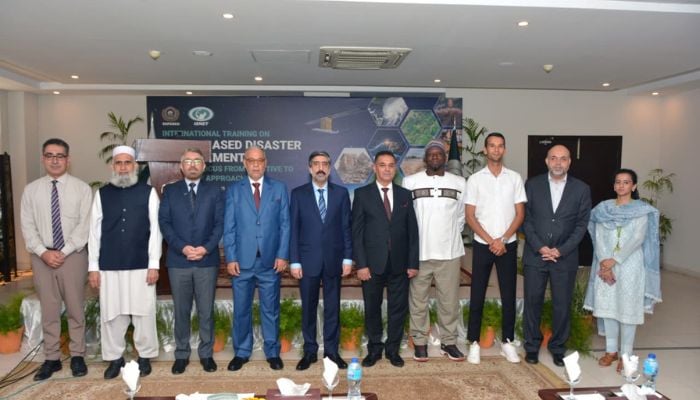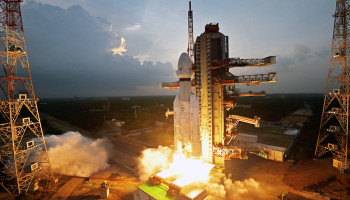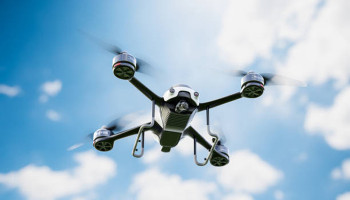
The Inter-Islamic Network on Space Sciences and Technology (ISNET), in partnership with the Pakistan Space & Upper Atmosphere Research Commission (SUPARCO), has launched a five-day international training course entitled “Space-Based Disaster Management: Changing the Paradigm from Reactive to Proactive.”
The programme has brought together participants and experts from various OIC members, including Tunisia, Libya, Senegal and Iraq, to help build capacity and share valuable knowledge in regard to disaster preparedness and resilience.
SUPARCO and ISNET's Space-Based Disaster Management training
In her opening remarks, the ISNET Administrator Sadaf Sajjad mentioned the network's contribution to improving collaboration between member states and space science and technology.
She expressed that it is important for disaster management systems to include satellite-based applications that will enhance forecasting, preparedness and response.
Space Applications Centre for Response in Emergency Disaster (SACRED) Director Muhammad Farooq updated the participants on the technical outline of the course in terms of the incorporation of remote sensing, geospatial technology and satellite data into proactive disaster planning strategies for disaster hazards anticipated to occur due to climate change, broadly defined as floods or droughts.
Representing ISNET-sponsored participants Jalal Alanatoy from Libya thanked both of the organisations for the opportunity to establish regional capacity and regional expertise development and stressed the importance of learning together and working cooperatively to address common climate agendas.
Delivering the keynote address, SUPARCO Member Space Application and Research Zafar Iqbal warned that climate change is now “the living reality of today,” with extreme weather events highlighting the urgency of disaster preparedness.
He underlined that while Pakistan contributes less than 1% to global CO₂ emissions, it remains highly vulnerable to climate impacts. “Disasters do not recognise borders,” he said, calling for stronger regional cooperation, data sharing, and joint strategies for disaster risk reduction.
















